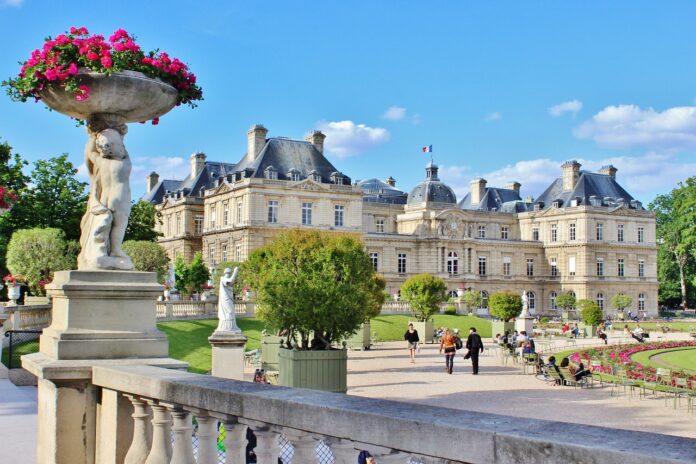18 Interesting Facts about Luxembourg
- Location and Borders: Luxembourg is located in Western Europe. It is bordered by Belgium to the west and north, Germany to the east, and France to the south. It is a landlocked country.
- Square: The country covers an area of approximately 2,586 square kilometers.
- National Currency: The currency of Luxembourg is the Euro (EUR).
- Official Languages: The official languages of Luxembourg are Luxembourgish, French, and German. Luxembourgish is the national language, while French is used in administrative and legal matters, and German is used in education and media.
Interesting Facts about Luxembourg:
- Environmental and Urban Care: Despite its small size, Luxembourg focuses heavily on environmental care and urban development. Forests cover about 30% of the country’s territory.
- Top Literacy Rate: Luxembourg boasts the highest literacy rate in the world, reaching 100%.
- Record Wine List: In 2009, the Luxembourg restaurant Chiggeri was entered into the Guinness World Records for having the longest wine list.
- High Voter Turnout: Luxembourg has one of the highest voter turnout rates in Europe, with 91% of eligible voters participating.
- Wealth and Debt: The Grand Duchy of Luxembourg is one of Europe’s wealthiest countries with an extremely high standard of living. However, it also carries significant external debts.
- Extensive Underground Tunnels: Luxembourg is known for its extensive network of underground tunnels, totaling at least 20 kilometers, which contributed to its inclusion in the UNESCO World Heritage list.
- Same-Sex Marriage: In 2015, Luxembourg legalized same-sex marriage. Luxembourg’s Prime Minister Xavier Bettel became the first European political leader to marry a same-sex partner.
- Euthanasia Legalization: Euthanasia is legal in Luxembourg. In 2008, the Grand Duke refused to sign a bill legalizing euthanasia, leading to constitutional reforms.
- Historical Foundation: Luxembourg was established as an independent state in the 14th century, but the borders of the modern country were defined in 1839 by the Treaty of London.
- Non-Citizen Workers: Most people working officially in Luxembourg are not citizens but residents from neighboring countries attracted by social security and good working conditions.
- Schengen City: The city of Schengen, where the famous Schengen Agreement for visa-free travel in Europe was signed, is located in Luxembourg.
- Culinary Influences: Luxembourg’s traditional and national cuisine has been influenced by Germany and France, resulting in a blend of neighboring culinary traditions.
- Single International Airport: Luxembourg has only one international airport, located approximately 7 km from the city center.
- High Car Ownership: Luxembourg has the highest car ownership rate in the world, with 647 car owners per 1,000 residents.
- Religious Demographics: The predominant religion in Luxembourg is Catholicism, comprising over 90% of the population, with the remainder being religious minorities.
- Generous Welfare System: Luxembourg is generous to its citizens, spending about one-third of its income on social services and universal free healthcare.
- Bourcherd Castle: The Bourscheid Castle, located on a hill, is one of the best-preserved castles in Europe and represents the nation’s royal heritage.
- Diverse Population: The country is home to around 170 different ethnic groups, with the largest being Portuguese (16.4%).
